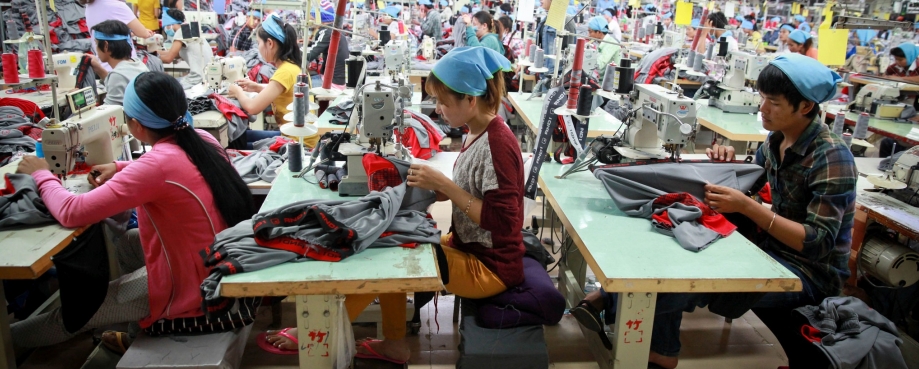
Freedom of association is a fundamental right, and key to unlocking dialogue, consultation and negotiation between employers and workers. It is an essential means to the achievement of all other human rights at work. ETI stands firm in supporting the rights of supply chain workers to have a voice, agency and representation.
Where possible, workers should have the right to join or form trade unions of their own choosing and to bargain collectively. This right is provided by ILO convention No. 87 defining the right to freedom of association (FoA) and the right to organise and is expressly stated in the ETI Base Code.
A recent report by the Business and Human Rights Resource Centre (BHRRC) highlights a number of issues undermining freedom of association across Asia’s garment sector and obstructing meaningful stakeholder engagement. ETI acknowledges the report’s findings and the challenges facing the sector. We have engaged our own membership on the concerns raised in the report and the steps necessary to address them.
While independent trade unions represent the ideal model for worker representation, there are situations where unions face significant challenges to carry out their legitimate activity. In such cases, steps should be taken to help build dialogue and develop worker and employer industrial relationships. Companies should also support engagement with credible unions and build the foundations to enable full and independent representation.
Since the publication of BHRRC’s report, ETI is engaging with the members who are referenced to understand the steps they are taking to investigate the issues, engage constructively with relevant stakeholders and support a continuous and constructive dialogue between employers and unions. ETI remains committed to supporting our members to make progress on the issues identified wherever possible.
ETI has significant experience promoting FoA and effective worker representation in global supply chains. In the coming months, we will intensify our efforts by providing practical guidance, working in collaboration with company members, NGOs, and unions to advance freedom of association and support robust worker representation.
